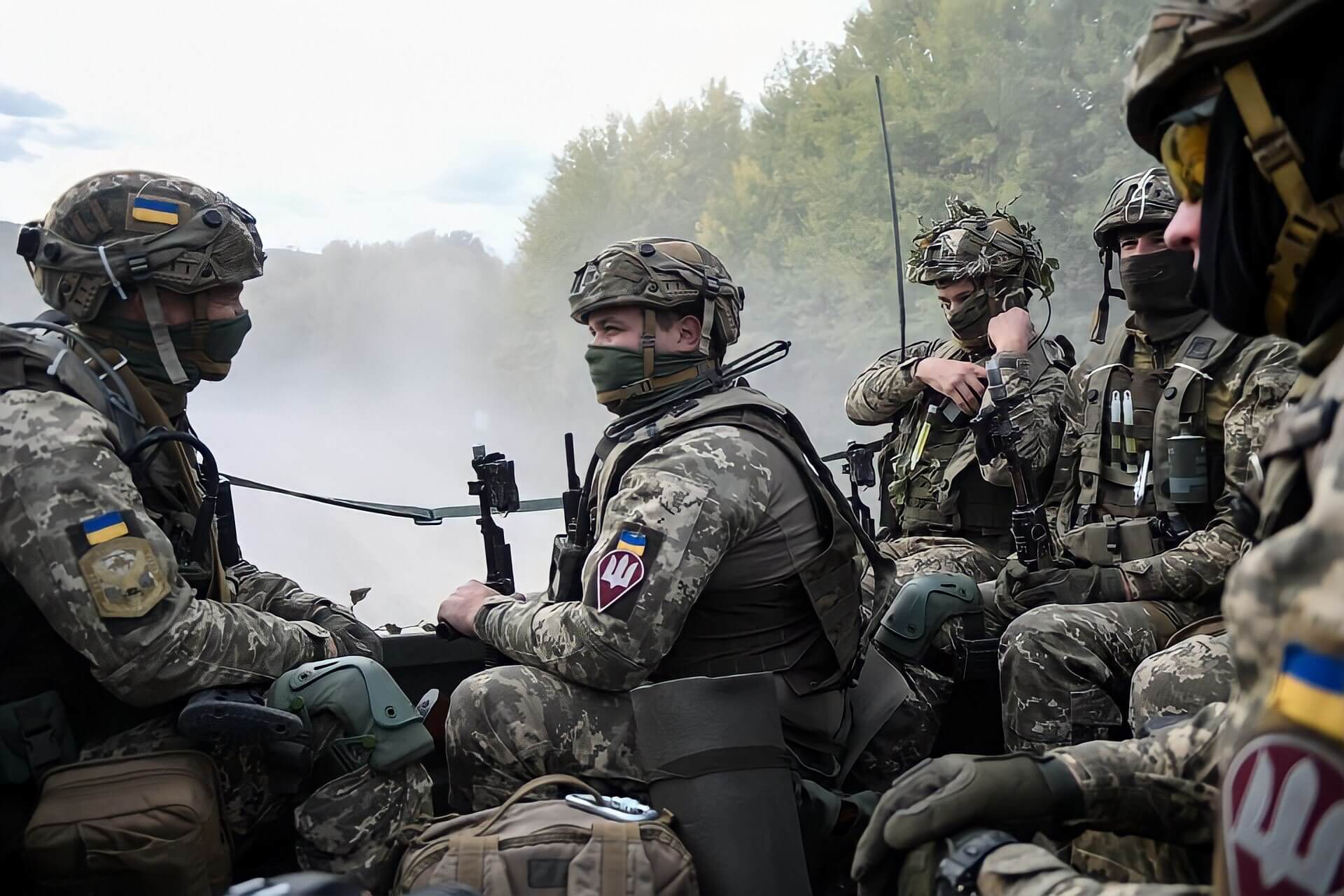This article was written by Dr Simone Papale and Dr Chiara Cervasio.
Just a few months after the Doomsday Clock struck 100 second to midnight for the third consecutive year, urging the world to commit to renewed cooperation to reduce existential risks, the spectre of nuclear weapon use is knocking at Europe’s door. There is a fear that an escalation of the current conflict in Ukraine may lead Russia to use low-yield nuclear weapons, breaking the so-called ‘nuclear taboo’ and posing a major threat to international security. Though unlikely, the probability of this scenario occurring raises as the battle on the ground goes on, negotiations stall, and tensions increase.
Such levels of risk compel us to think about some of the principles lying at the heart of nuclear deterrence. The so-called ‘stability-instability’ paradox holds true: mutual vulnerability at the strategic nuclear level does not systematically prevent sub-strategic armed conflicts. The latter can still occur, though in a less direct manner.
In Ukraine, the Russian invasion has not triggered a direct military intervention from the Western world. So far, US and European leaders have reiterated their intention not to set troops on the ground or impose a No Fly Zone over the country, despite repeated calls from Ukraine’s President Volodymyr Zelensky. This, however, has not prevented several of them from implementing different measures against Moscow. Besides imposing packages of sanctions, states are now resorting to military aid. In the last two weeks, Kyiv has received a significant amount of weapons and ammunition from NATO countries. The US has recently increased its own provision by an additional $350 million, raising Washington’s security assistance during the last year to over $1 billion. The UK, France, and Germany, among others, are authorising new deliveries of arms and equipment.
What emerges from Western initiatives is the shape of a remote form of interventionism based on the provision of indirect support as a crucial instrument to counter the advance of Russian troops and shape the horizons of the Ukrainian conflict.
Remote interventionism is anything but new. The recourse to practices of delegation, with the provision of support to allied forces, has frequently been employed in history to contain political, economic and military costs associated with direct military intervention. In the History of the Peloponnesian War, Thucidides provides a vivid account of the strategies of alliance and cooperation through which both Sparta and Athens sought to increase their own influence, and counter their respective expansions, in the Aegean Sea. Similar strategies reverberated throughout the security policies adopted by the US and the USSR during the Cold War, which saw both superpowers arming and training surrogate forces to fight proxy wars in Asia, Africa and Latin America. More recently, the US has strengthened partnerships with key countries in the Global South, setting up an intricate web of assistance programmes to fight terrorist threats ‘from a distance’ and avoid potential repercussions caused by the deployment of US boots on the ground.
Similar calculations regarding the risks of military interventionism appear to lie behind the West’s cautious approach towards the Ukrainian conflict. Of course, Ukraine is not a member of NATO, and this rules out any obligation to intervene based on the principle of Collective Defense enshrined in Article V of the Washington Treaty. Crucially, however, the threat of a nuclear response from the Kremlin, as well as the potential humanitarian and environmental consequences of a large-scale conflict, are also discouraging direct forms of intervention from NATO countries.
Still, this does not mean that current Western initiatives could not alter fragile strategic balances and increase the risk of conflict escalation with Russia. The continuous provision of indirect support to the Ukraine resistance will almost certainly increase Putin’s frustration, raising tensions with NATO countries. In this regard, Khaneman and Tversky’s ‘Prospect Theory’ can provide important insights. The theory explains that decision-makers are more likely to engage in risky behaviour when they perceive themselves to be in a deteriorating situation to prevent a decline in their reputation or credibility, even if the potential costs of a policy exceeds its benefits. Applied to the current situation, the theory points to the alarming scenario in which, facing operational difficulties, and an increasing opposition from the Western world, Russia could become more inclined to accept the sunk costs of war and the risks associated with a reliance on nuclear threats.
The Ukraine crisis is bringing to the surface a reality all too overlooked by leaders and decision-makers: strategic nuclear deterrence alone does not prevent nuclear risk. Mutual security amongst nuclear-armed states should be enhanced by implementing concrete and concerted risk reduction measures. Facing an increasingly uncertain global nuclear order, coupled with a moral imperative to deter aggression, the nuclear-armed states bear a responsibility to respond to the Doomsday Clock’s call and take action to prevent the escalation of dangerous security predicaments.
Views expressed belong solely to the original author of the article and do not necessarily represent the views and opinions of BASIC.

